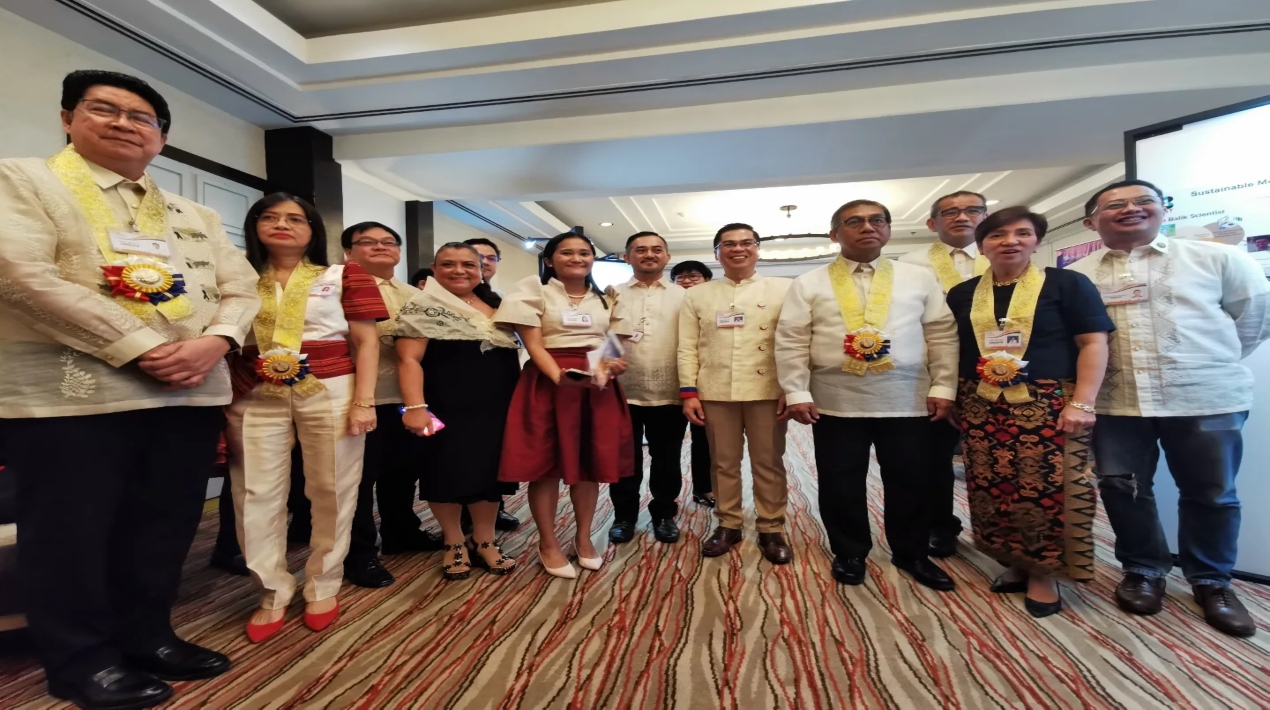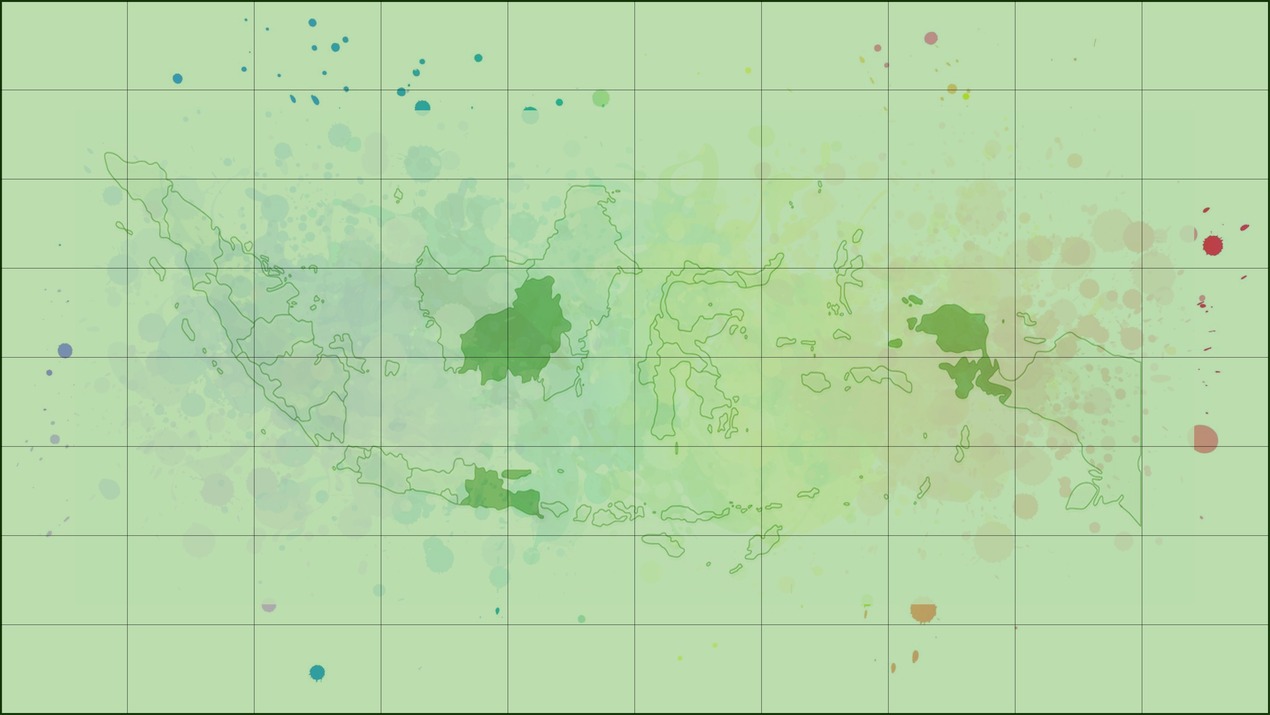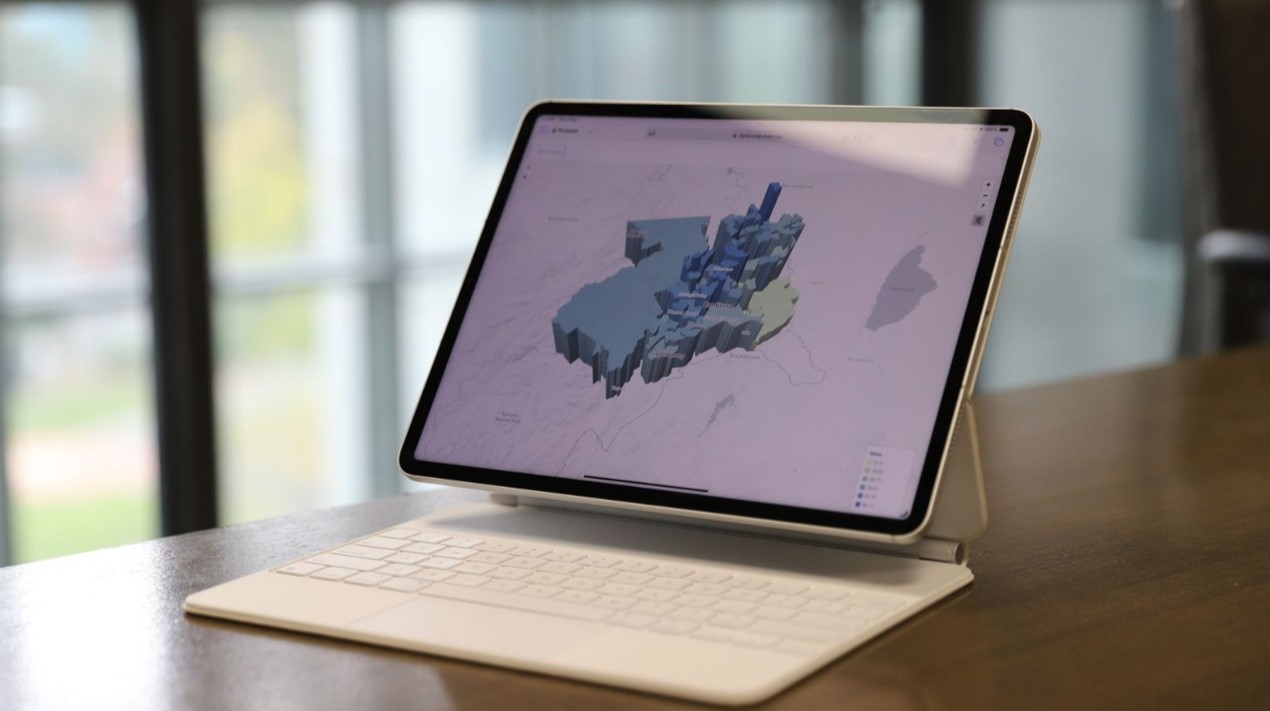
|
Getting your Trinity Audio player ready...
|
Digitalisation has resulted in a paradigm shift in the delivery and accessibility of healthcare services. Telehealth programmes, made possible by digital technologies, are linking patients with healthcare practitioners across geographic boundaries. This has been especially helpful in countries such as the Philippines, where distant and underserved areas frequently struggle to get excellent healthcare services.
During the 9th Balik Scientists Programme Annual Convention, Dr Jaime Montoya, Executive Director of the Department of Science and Technology Philippine Council for Health Research and Development (DOST-PCHRD) stated that the biggest impact of digitalisation in the healthcare sector is accelerating universal healthcare where it is a dream that all Filipinos will have access and covered of healthcare.
He added that in terms of universal healthcare, digitalisation is making it simpler to reach out to neglected people and guarantee they receive the necessary healthcare services. Hence, digital tools are bridging the gap between healthcare providers and patients, whether through mobile health apps, remote monitoring devices, or teleconsultations.
He believes that through technology, everything could be easier. He gave the RxBox as an example of connecting Filipinos in remote areas to access health services that could only be seen in the cities. He highlights the prioritisation of the health information system integration in the Philippines with the help of the national ID system to ensure speedier services.
Besides, the integration of digital health records and telemedicine platforms has simplified patient care by allowing healthcare practitioners to quickly access vital information. This not only improves care quality but also leads to better patient outcomes, “This would be accomplished more quickly with the help of our Balik Scientists.”
RxBox is a biomedical device that was made by Filipino researchers from UP Manila and UP Diliman with help from DOST-PCHRD. It can measure a patient’s temperature, blood pressure, heart rate, oxygen saturation, uterine movements, and electrocardiogram readings.
With its easy-to-use layout and high-resolution screen, patients can easily keep an eye on their health and share this information with their healthcare provider. This lets doctors act quickly and cuts down on the need for face-to-face visits.
The RxBox Detection and Communication (RxDETEC) mobile app is built into every device. It can keep and send logs from medical sensors that are connected and information about patients, like their age, gender, and the type of case they are having.
Along with training and orienting staff from COVID-19-selected healthcare facilities and regional or local DoST offices, the RxBox 1000 Project also wants to keep an eye on how health workers use the devices for things like referrals and other telehealth activities.
In addition, DOST Secretary Renato Solidum, Jr stated that digital transformation will affect all industries. The telehealth instrument RxBox has already been applied in the healthcare industry and is being improved.
The Secretary added that six out of ten Filipinos die without ever seeing a doctor. Hence, he has advised that all medical practitioners create telehealth tools such as sensors over the Internet so that patients, particularly those in remote places, can quickly reach medical practitioners.
While issues such as internet connectivity and digital literacy persist, the Philippines is making great progress in utilising digitalisation to promote telemedicine and move towards universal healthcare coverage. This shift is laying the path for a more equal and healthy future for all Filipinos.
With this, Secretary Renato emphasised the importance of interdisciplinary collaboration among Filipino scientists and called for support for research and development. He also stresses the role of the Balik Scientist Programme in nurturing scientific inquiry and driving progress in the country, concluding with a call to continue advancing and thriving on the global stage through science and innovation.
















